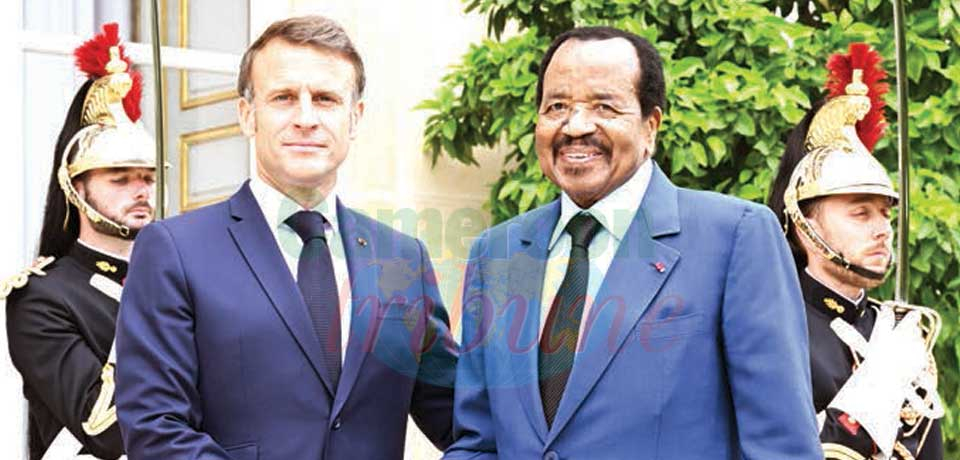“Bill Adds The Commission Another Area of Responsibility”
- Par Eulalia AMABO
- 27 juin 2019 12:10
- 0 Likes
Dr. Divine Banda Chemuta, Chairperson, National Commission on Human Rights and Freedoms.
A bill has been tabled in Parliament relating to the establishment, organisation and functioning of the Cameroon Human Rights Commission. What is your general appraisal of this bill?
The bill that has been tabled in Parliament addresses a good number of concerns that we had intended to address. This bill comes at the end of work that took us more than two years of elaboration with some interministerial meetings, some of which were chaired at the Prime Minister’s Office. We sought to reinforce the capacity of the national human rights institution in a number of ways by ensuring some of the shortcomings which had been pointed out by authoritative bodies of the human rights sector. Here, am talking about the procedure for the accreditation of national human rights institutions which is led by the Office of the High Commissioner for Human Rights in Geneva and seeks to ensure that national human rights institutions are constituted in conformity with international norms - the Paris Principles. The Paris principles insist on bringing people from a fairly representative background of the society. It also requires that this people be available to work to devote time in the promotion of a culture of human right. What was experienced in the past and which led to the revision and the preparation of the new bill which has been tabled in Parliament is that the reform in 2004 put in place a Commission of 30 Commissioners who do not work full time and they are expected by the same law to hold two sessions a year and work during the intersessions in a number of working groups. That did not turn out to be very effective because amongst the 30 members, only two were expected to work fulltime at the Commission, which is the Chairperson of the Commission and the Vice Chairperson of the Commission. The rest of the members met in session and did their work full-time. This bill therefore addresses some of those professional issues.
What are the major changes brought by this new bill?
Our objective in the preparation of the new bill was to ensure that we had a smaller Commission made up of fewer people who would work full time. And the draft bill which had been sent to Parliament has taken that consideration because the size of the Commission has been reduced from 30 members to 15 and this 15 members once the bill is adopted and promulgated into law, will work fulltime for the Commission. Another innovation on the new bill is the addition of another area of responsibility on the Commission. The former bill focused on the promotion and protection of human rights and the Commission was seen from time to time working for the prevention of torture. But that aspect of working on the promotion of torture in the past was never the work really assigned by law to the Commission. However, seeing that the Commission was already doing a lot towards the prevention of torture in our country, the new bill was structured in a way as to make the Cameroon Human Rights Commission also the national preventive mechanism. We are looking forward to that with the human and financial resources that will...
Cet article complet est réservé aux abonnés
Déjà abonné ? Identifiez-vous >
Accédez en illimité à Cameroon Tribune Digital à partir de 26250 FCFA
Je M'abonne1 minute suffit pour vous abonner à Cameroon Tribune Digital !
- Votre numéro spécial cameroon-tribune en version numérique
- Des encarts
- Des appels d'offres exclusives
- D'avant-première (accès 24h avant la publication)
- Des éditions consultables sur tous supports (smartphone, tablettes, PC)













Commentaires